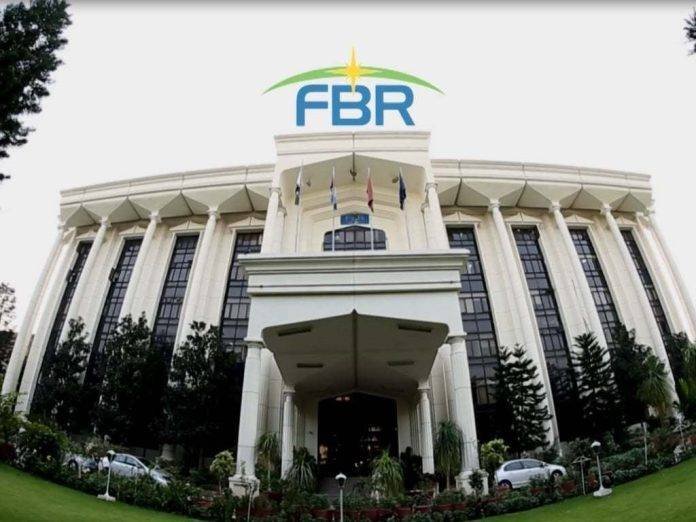Home Remittance Tax Exemption in Pakistan – Law, Conditions & Key Judgments
When overseas Pakistanis send money back home to support their families, it is referred to as home remittance. These remittances play a major role in the national economy, and to encourage this inflow, the Government of Pakistan generally exempts such funds from income tax. However, this tax exemption comes with specific legal conditions.
The Federal Board of Revenue (FBR) does not question the source of foreign remittance up to PKR 5 million per year, but if the amount exceeds this threshold, FBR has the right to demand supporting documents or initiate inquiries.
FBR also examines whether the remitter is a close blood relative or a benami (unrelated or front person), which directly impacts the exemption status.
Legal Basis – Section 111(4) of the Income Tax Ordinance, 2001
According to Section 111(4) of the Income Tax Ordinance:
“If a person receives foreign exchange through banking channels and encashes it into Pakistani rupees through a scheduled bank, and presents the bank’s certificate, such remittance will not be treated as taxable income.”
This is the core legal clause that protects genuine home remittances from taxation, provided the necessary conditions are met.
Conditions for Tax Exemption on Remittance
To benefit from tax exemption, the remittance must fulfill all the following conditions:
- Banking Channel:
The remitted amount must be received through a scheduled bank operating in Pakistan. - Encashment into PKR:
The foreign currency must be converted into Pakistani rupees through the bank. - PRC – Proceeds Realization Certificate:
The recipient must obtain a PRC from the bank confirming the amount received and converted. - Exemption Threshold:
Remittances up to PKR 5 million per tax year are accepted without source inquiry. - Supporting Documents for High Amounts:
If remittance exceeds PKR 5 million, FBR may request:
- CNIC or Passport copy of the remitter
- Proof of employment abroad
- Declaration of relationship with the recipient
Who Can Be the Remitter?
FBR generally considers remittances as genuine and exempt only when they are sent by the following close blood relatives:
- Father or Mother
- Son or Daughter
- Brother or Sister
- Spouse (Husband or Wife)
If the remitter is not related or not declared, FBR may raise questions about the nature and legitimacy of the transfer.
Key Case Laws and Court Judgments
Here are three major court decisions that help clarify the scope and enforcement of remittance-related tax exemptions:
1. Army Welfare Sugar Mills Ltd. v. Federation of Pakistan (1992 SCMR 1652)
Forum: Supreme Court of Pakistan
Summary:
The court held that tax exemptions must be strictly interpreted. If a taxpayer fails to meet legal requirements such as proper documentation, they cannot claim exemption. In this case, FBR argued that the source and method of remittance were not transparent, and the court supported that stance.
2. CIR v. Ameer Abdullah Khan Rokhari (PTR No. 83 of 2012)
Forum: Lahore High Court
Summary:
The taxpayer provided PRC and other valid documents to support a declared remittance. The court rejected FBR’s objections and ruled that remittance cannot be treated as income merely based on suspicion when all legal conditions are fulfilled.
3. Civil Petition No. 2100/2024
Forum: Supreme Court of Pakistan
Summary:
FBR issued a notice regarding a PKR 6 million remittance. The taxpayer submitted all relevant documents, including the remitter’s identity proof, PRC, and SWIFT details. The court declared FBR’s notice unlawful and held that where proper documentation exists, no further inquiry is justified.
Key Takeaways
- Home remittance is exempt from income tax if routed through official banking channels and supported by valid documents.
- FBR is less likely to question remittances from close blood relatives.
- No source inquiry is made for remittances under PKR 5 million per tax year, as long as proof exists.
- If the remittance amount is above PKR 5 million, be prepared to provide identity and employment proof of the remitter.
- Judicial precedents bind FBR to act based on documentary evidence, not on assumptions or doubts.
Conclusion
Home remittance tax exemption is a valuable relief provided by Pakistan’s tax laws. However, this benefit can only be claimed if all legal requirements are strictly met. Ensure that your funds are received through a scheduled bank, properly encashed, and accompanied by a Proceeds Realization Certificate (PRC).
If the remittance exceeds PKR 5 million in a year, additional documents such as proof of relationship and remitter’s foreign employment should be maintained. Courts have consistently ruled in favor of taxpayers where proper evidence is provided.
Taxpayers are strongly advised to keep PRCs safe and consult professionals in case of inquiries from FBR.
Legal Point Pakistan – Defending Your Rights with Integrity & Expertise.
You can contact us at: 0333 7703712, Visit: www.legalpoint.pk



